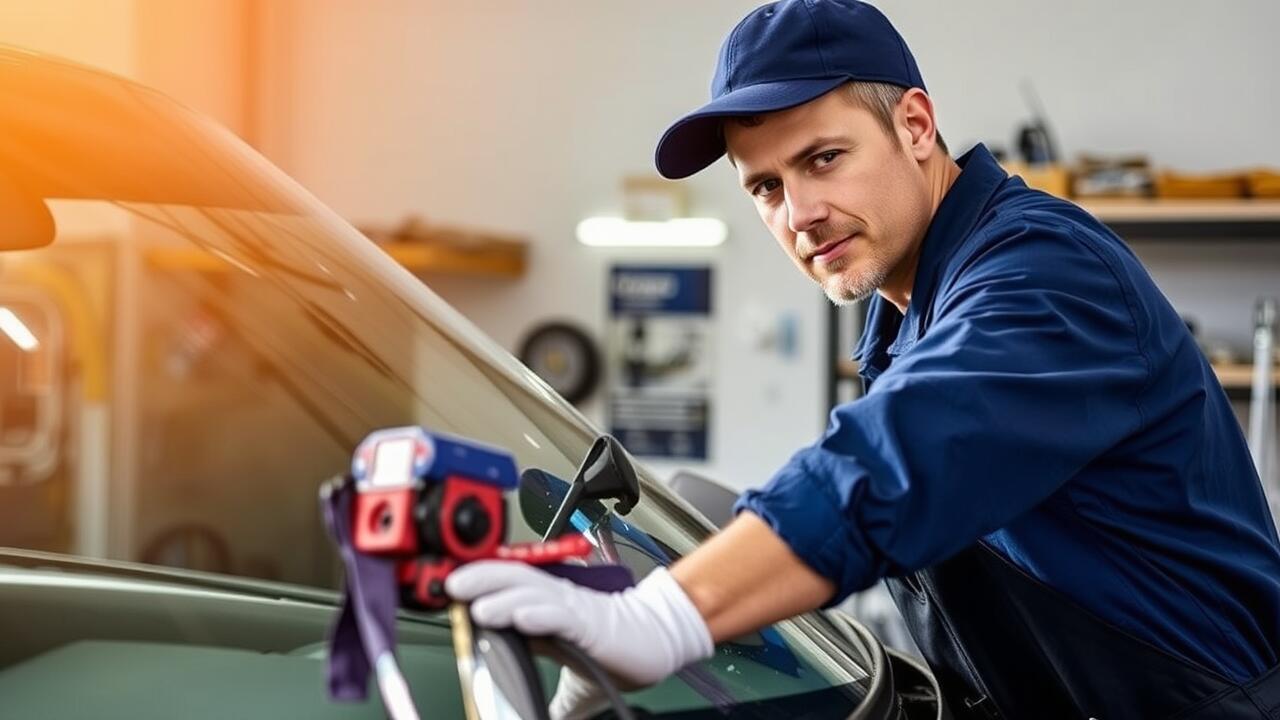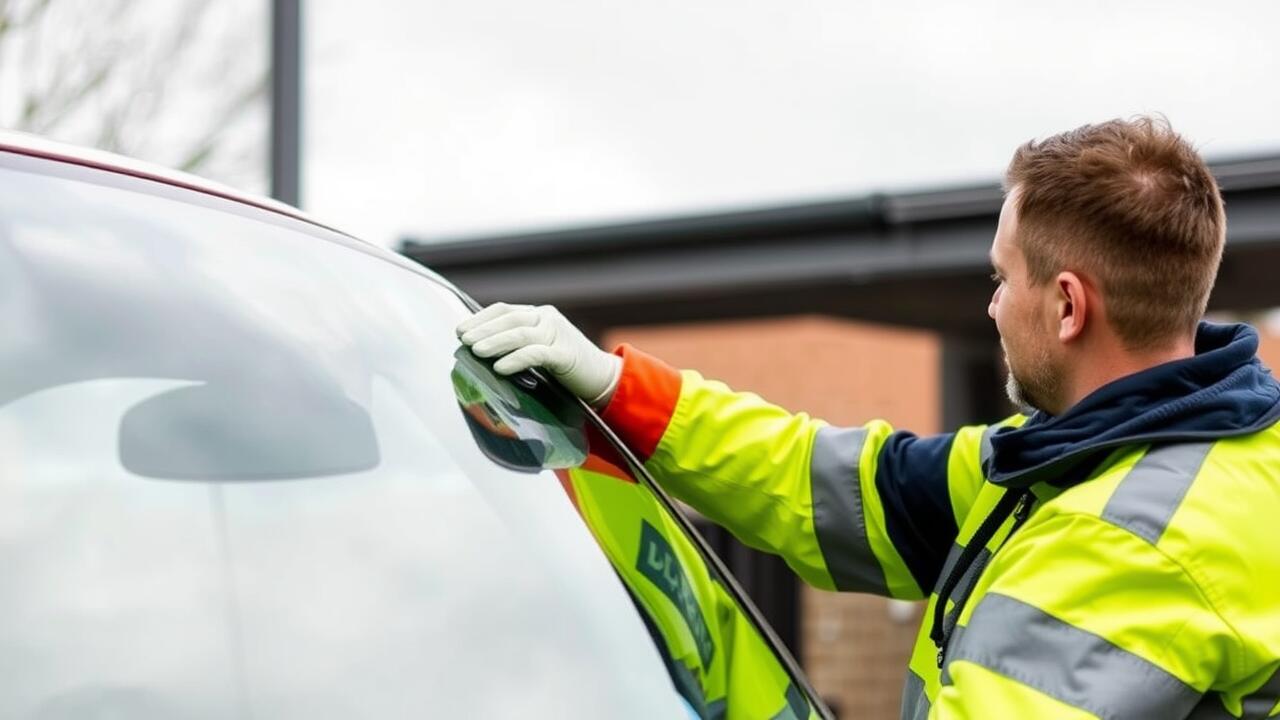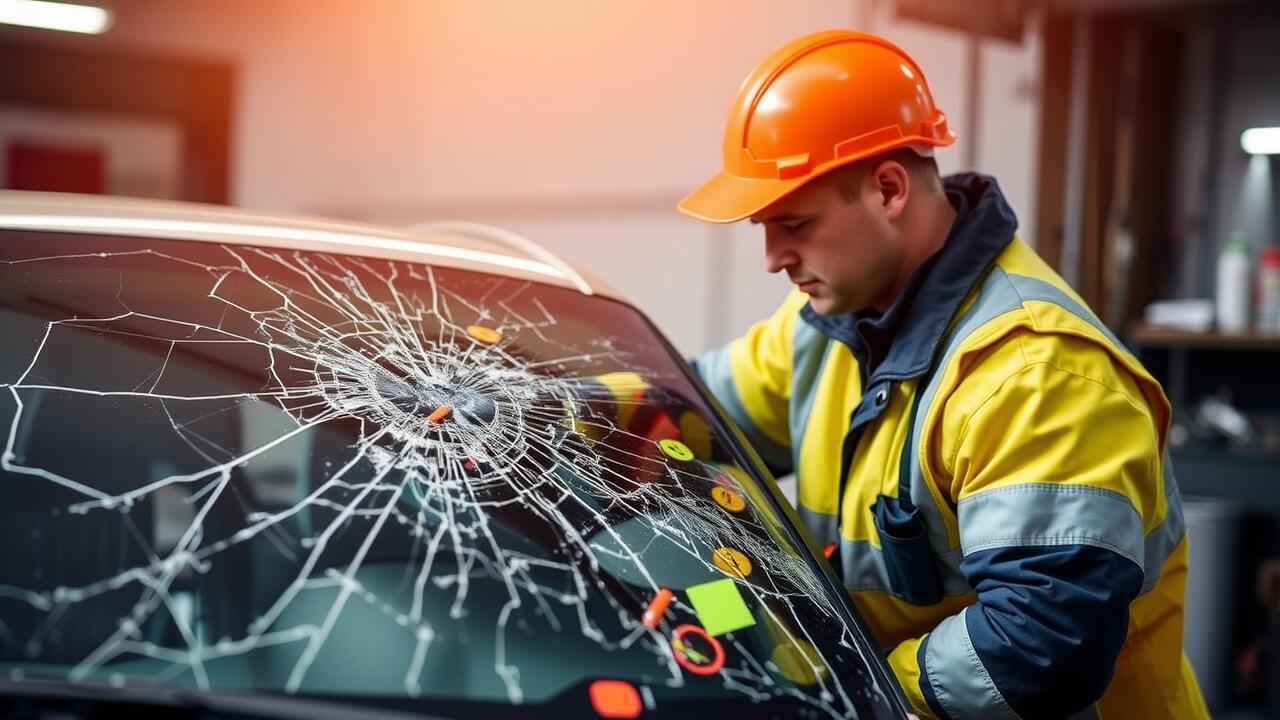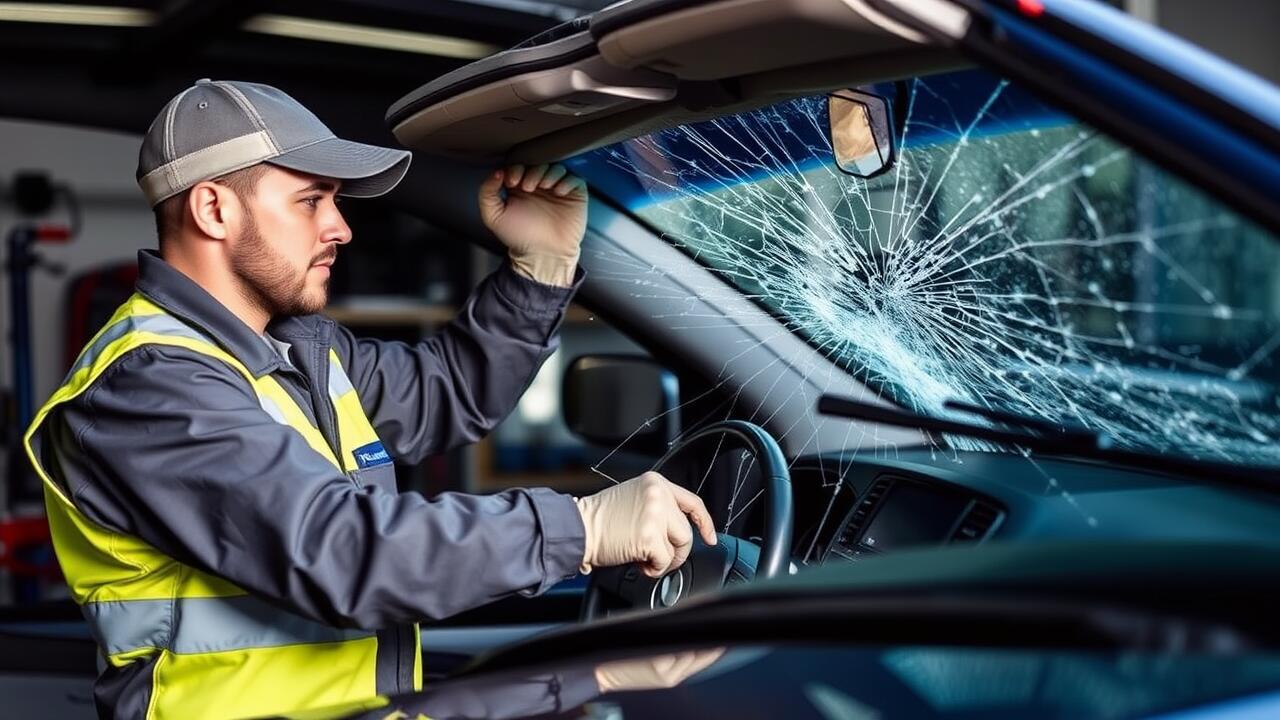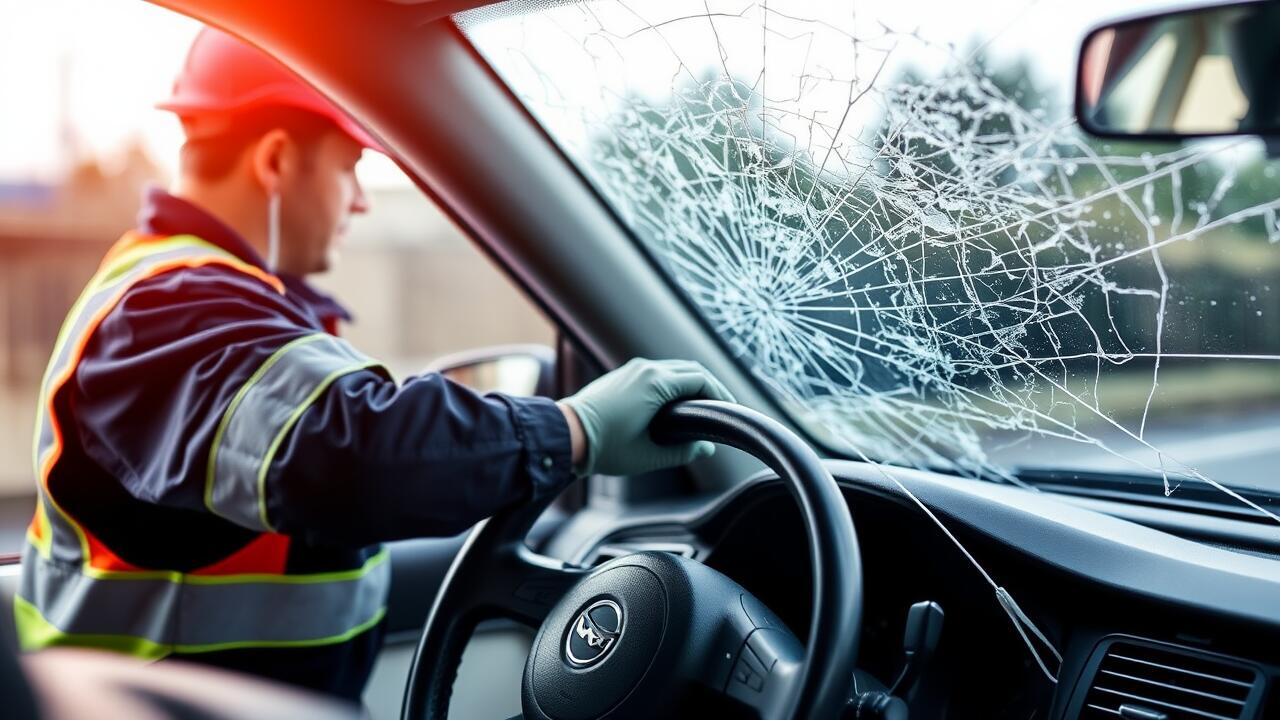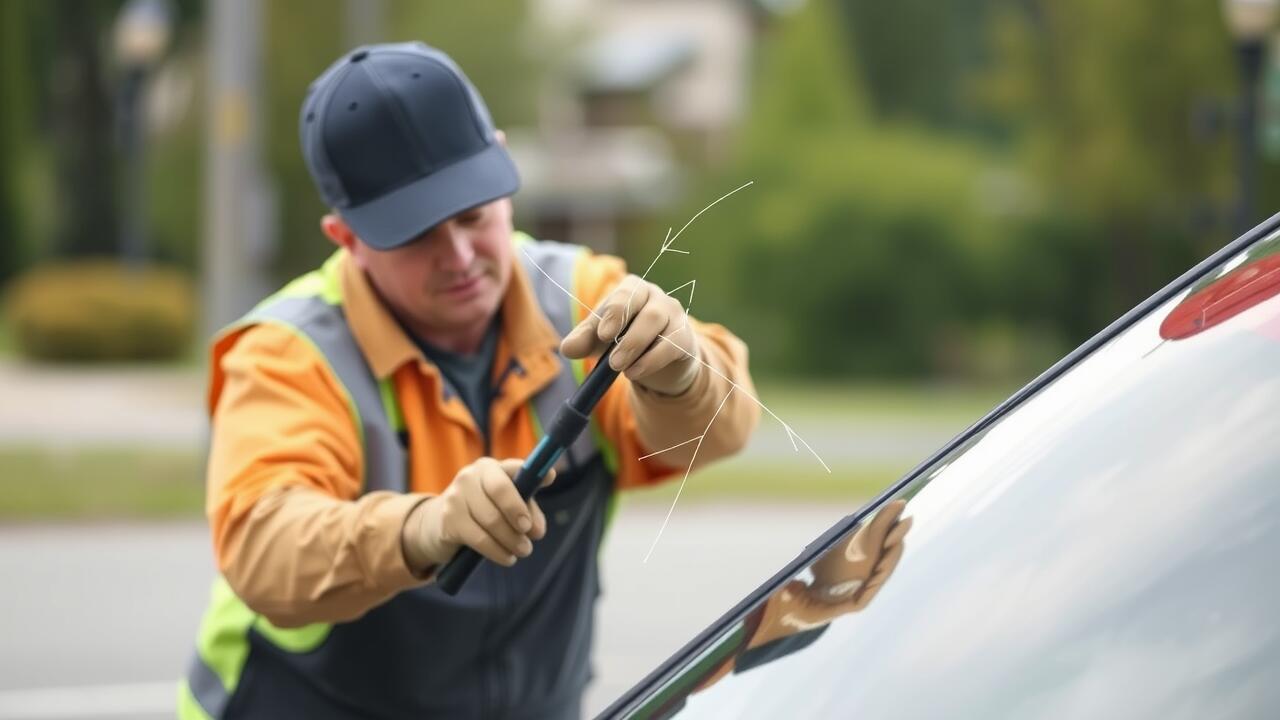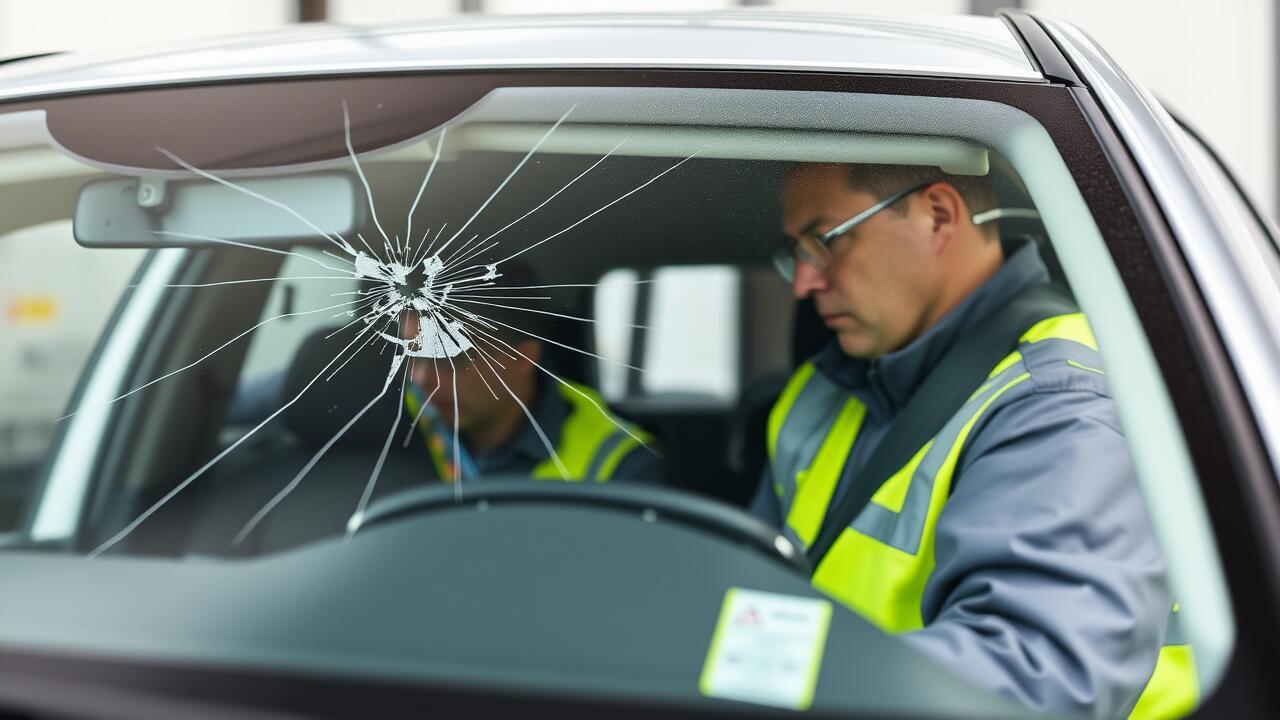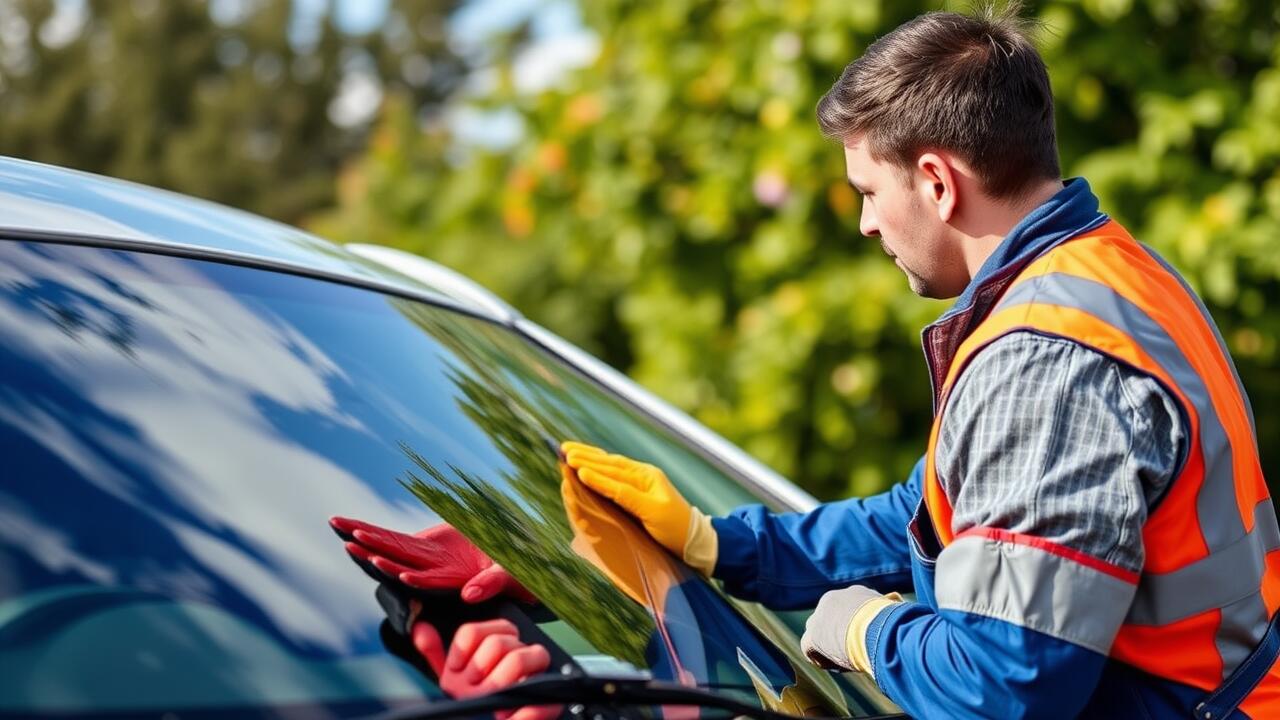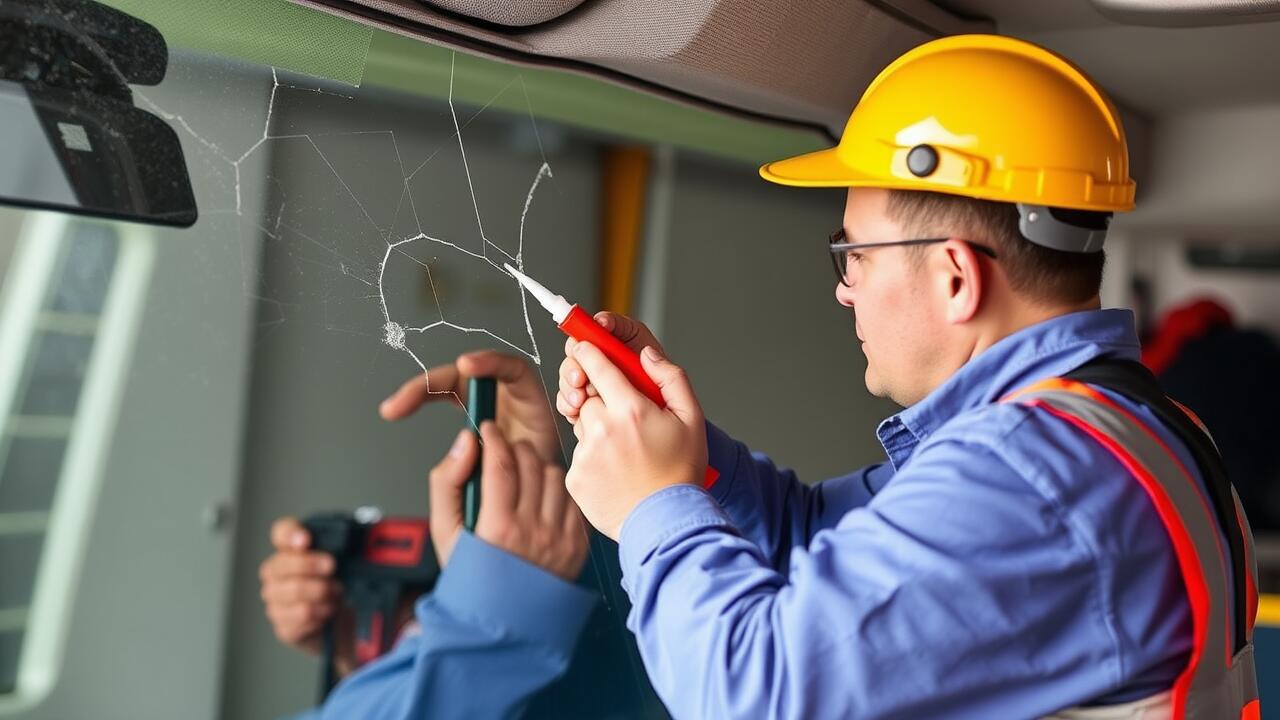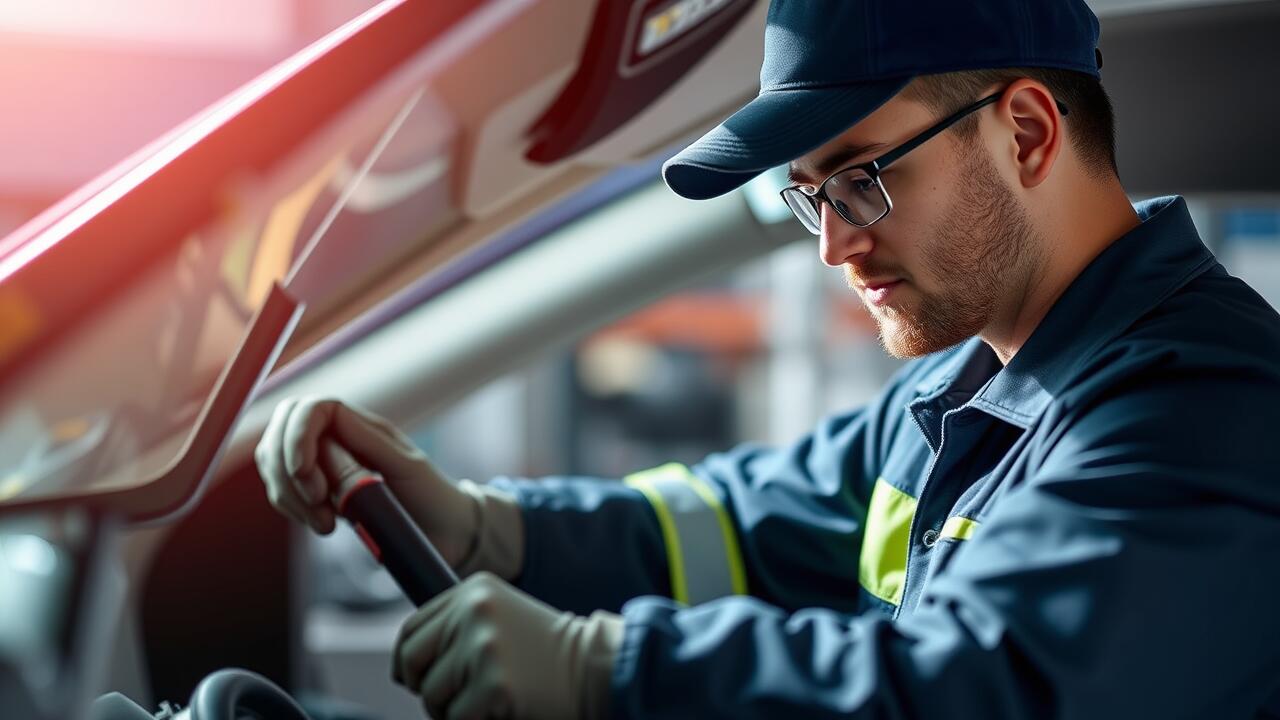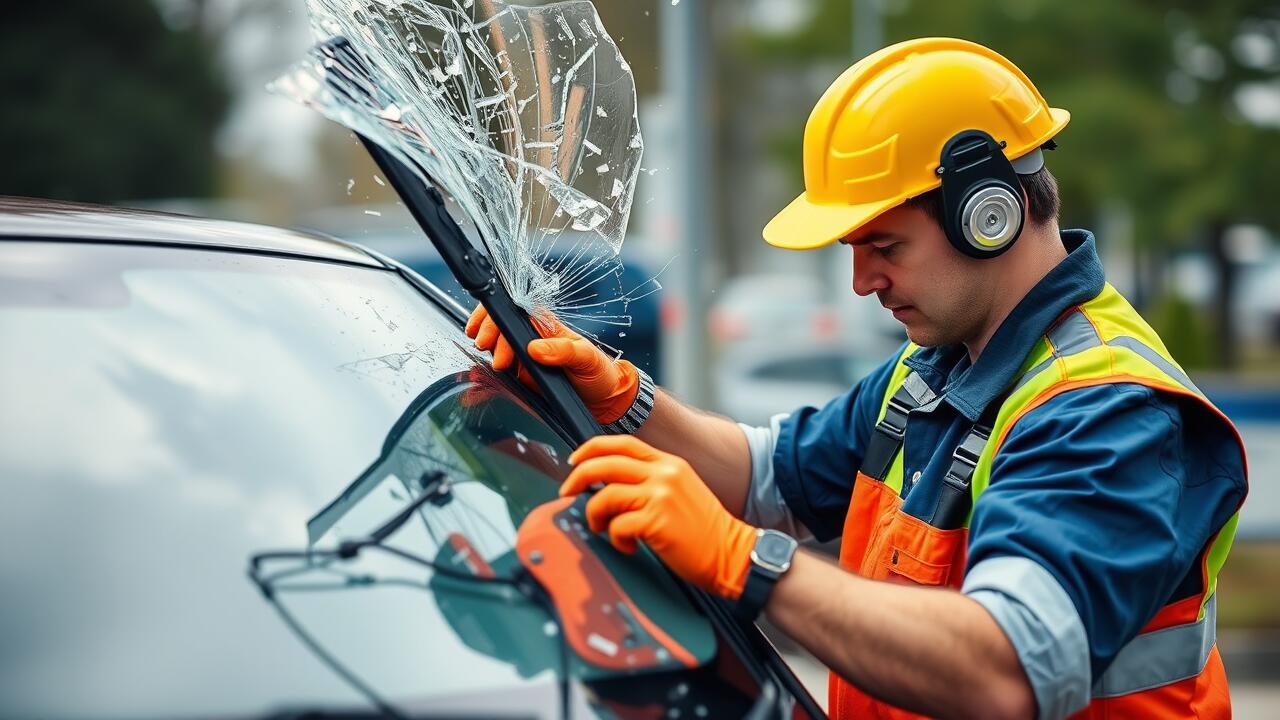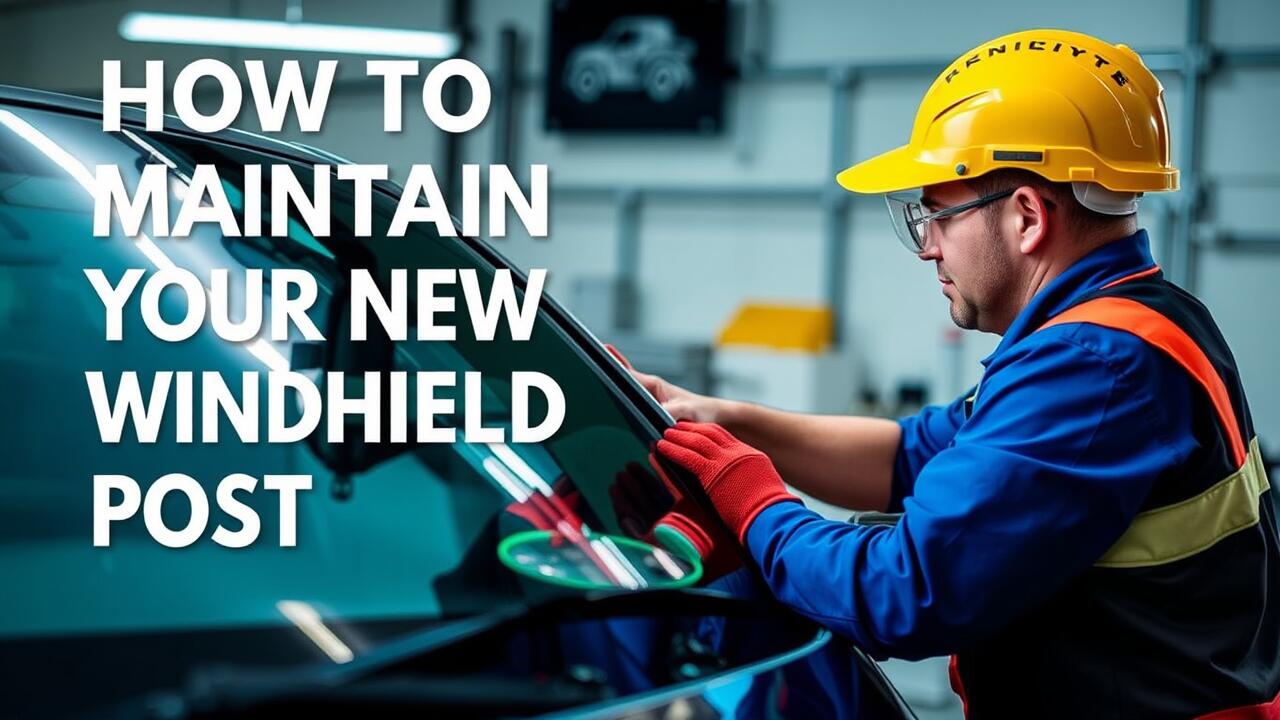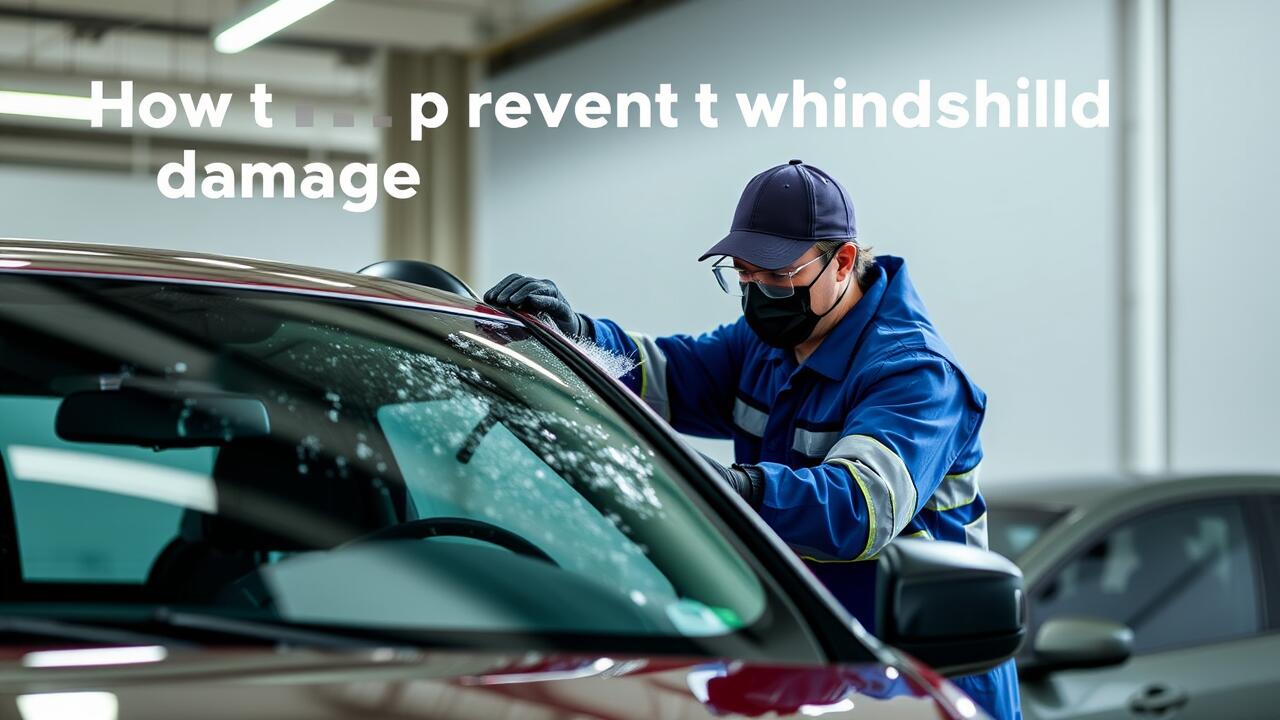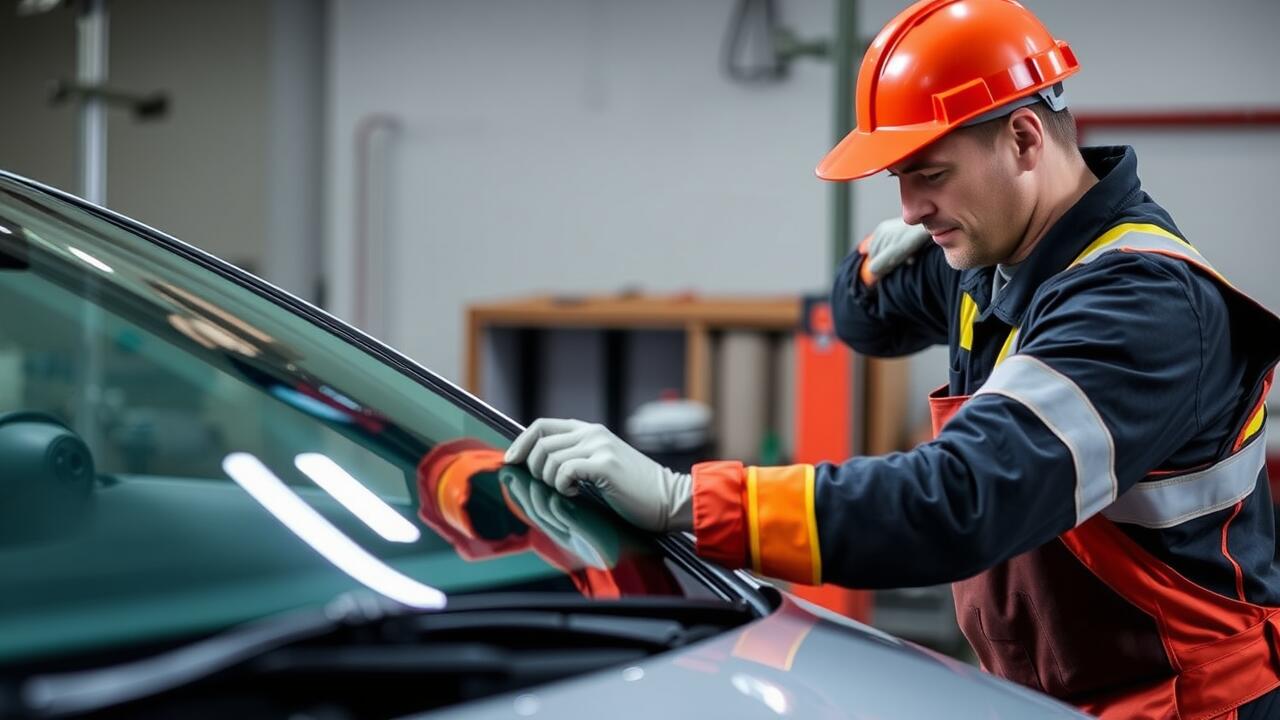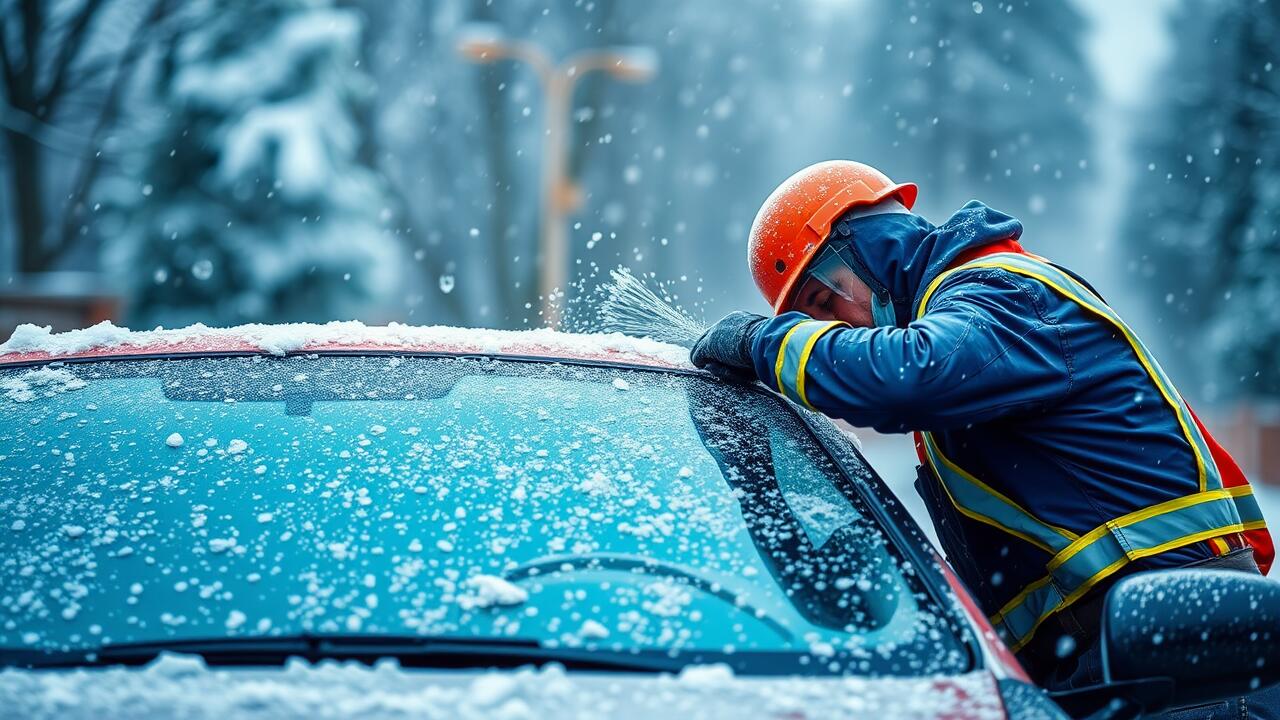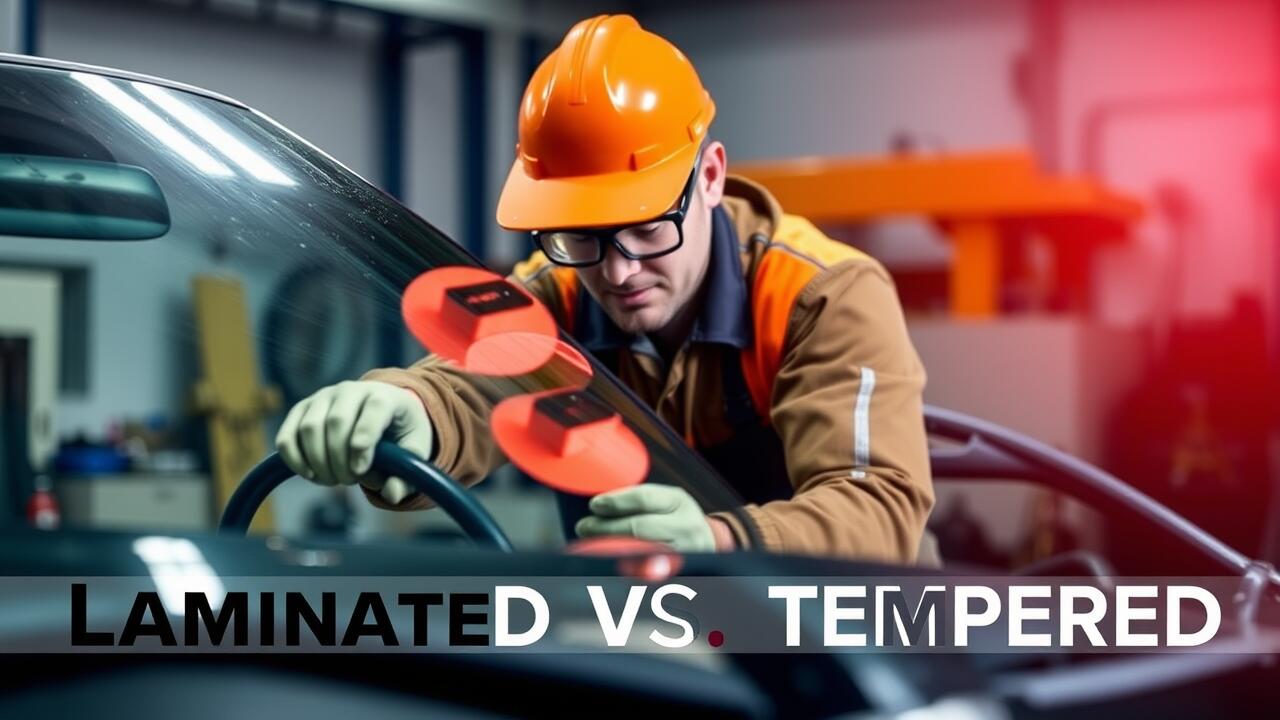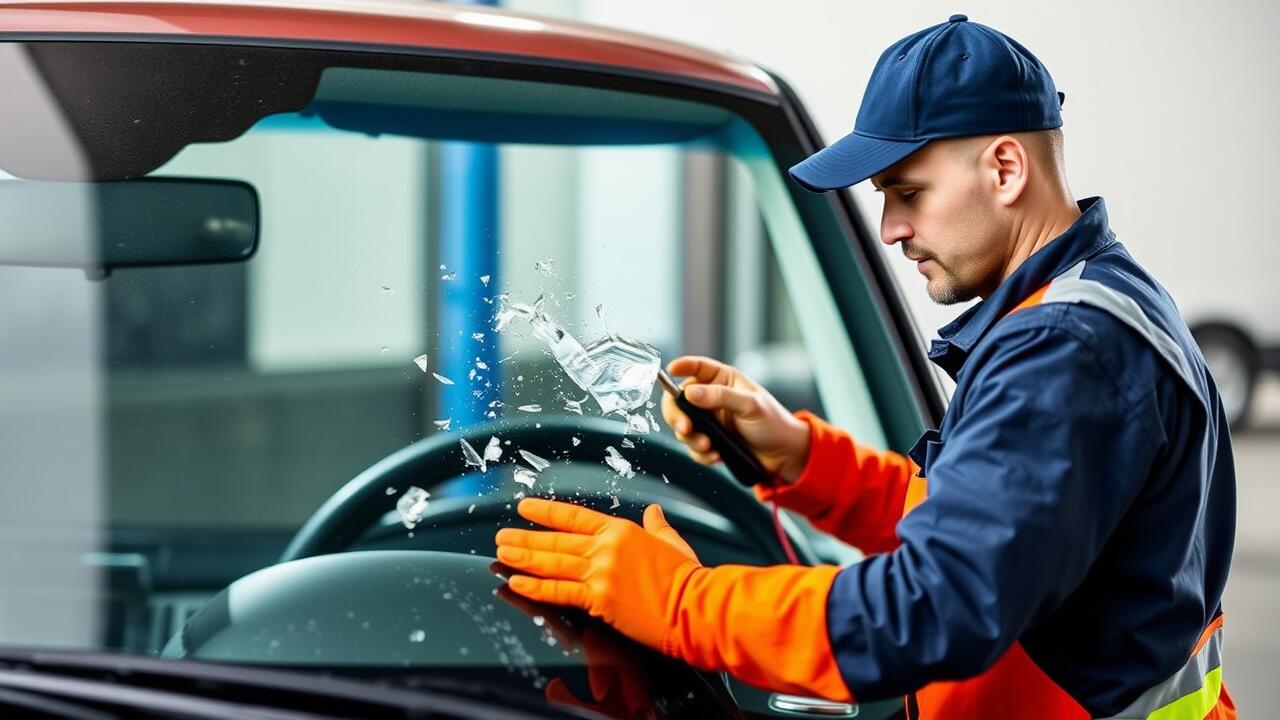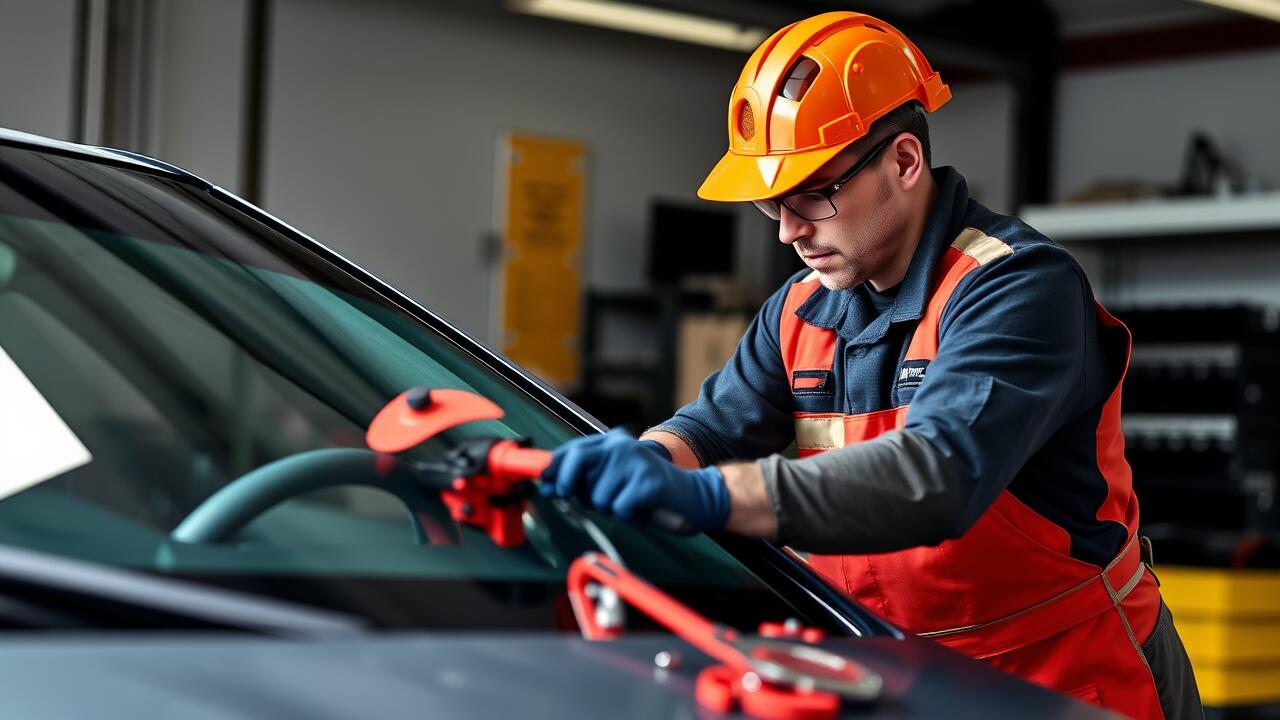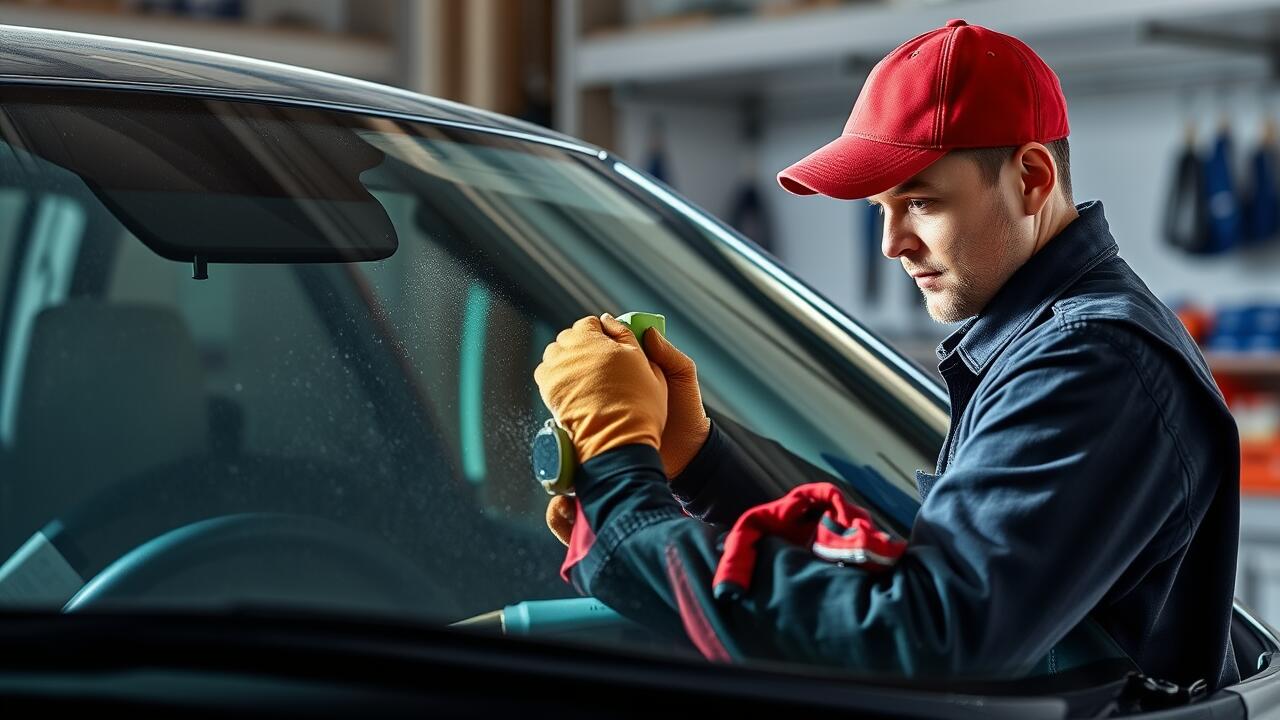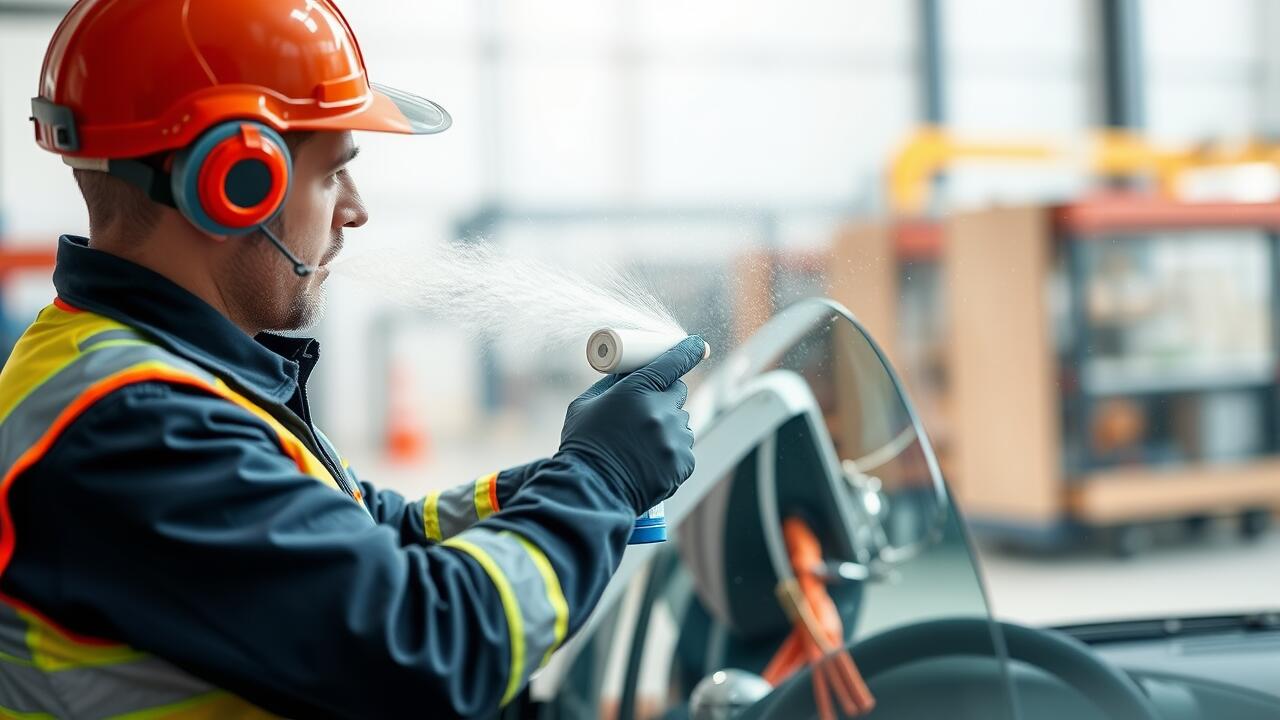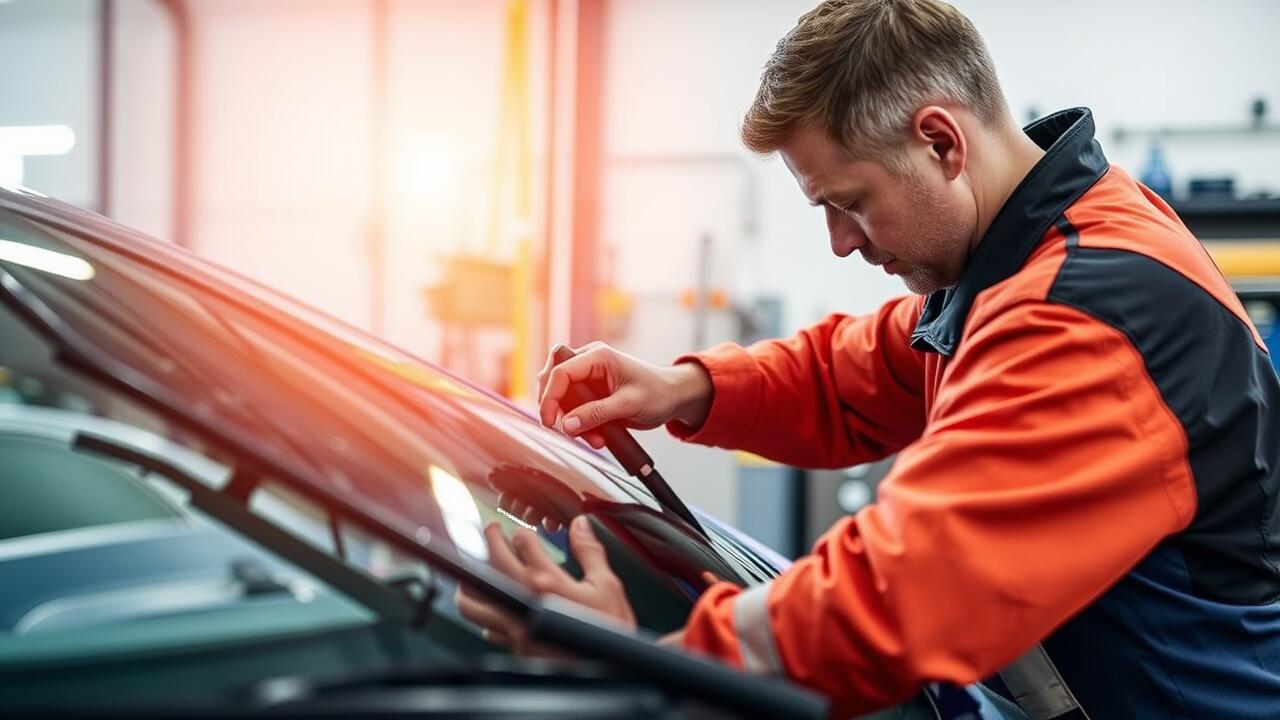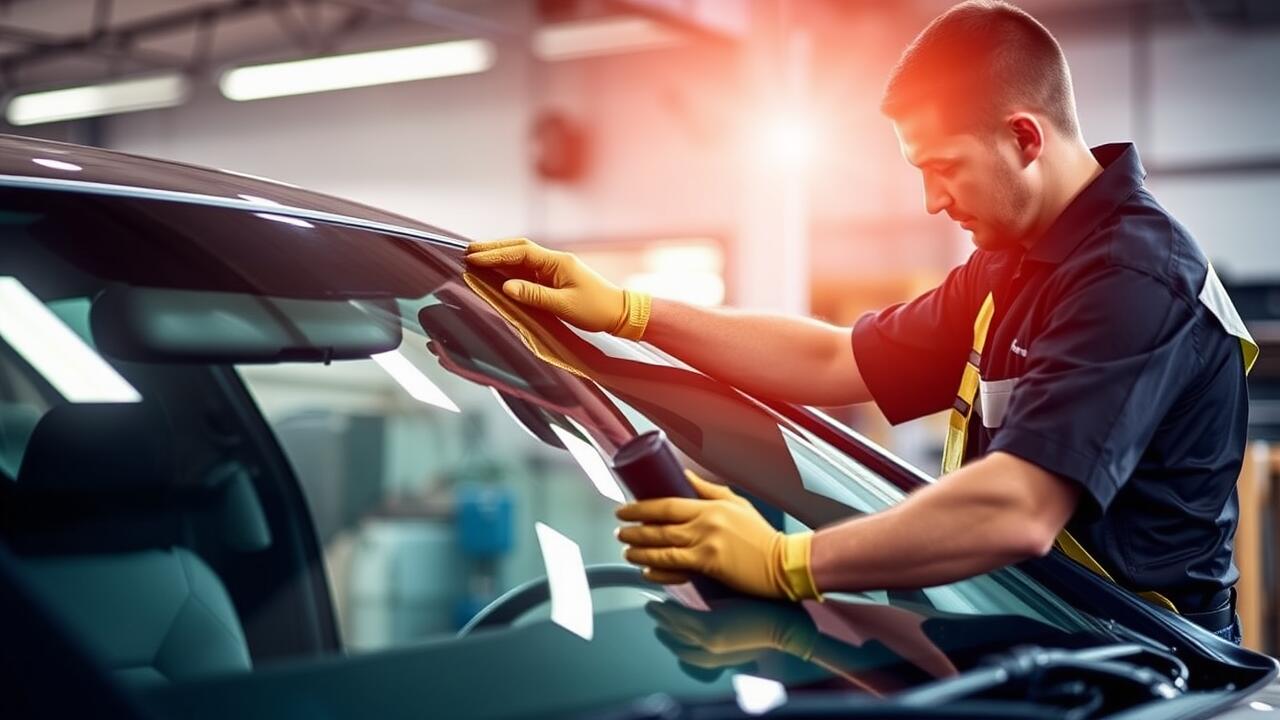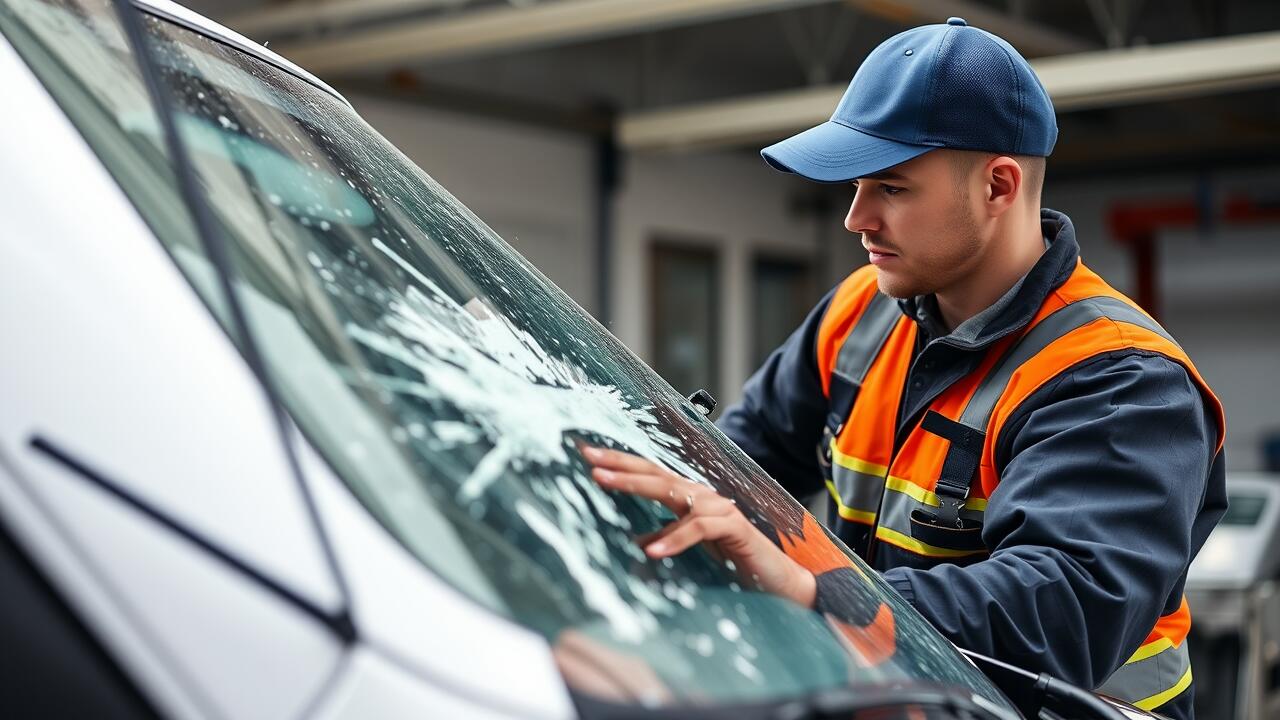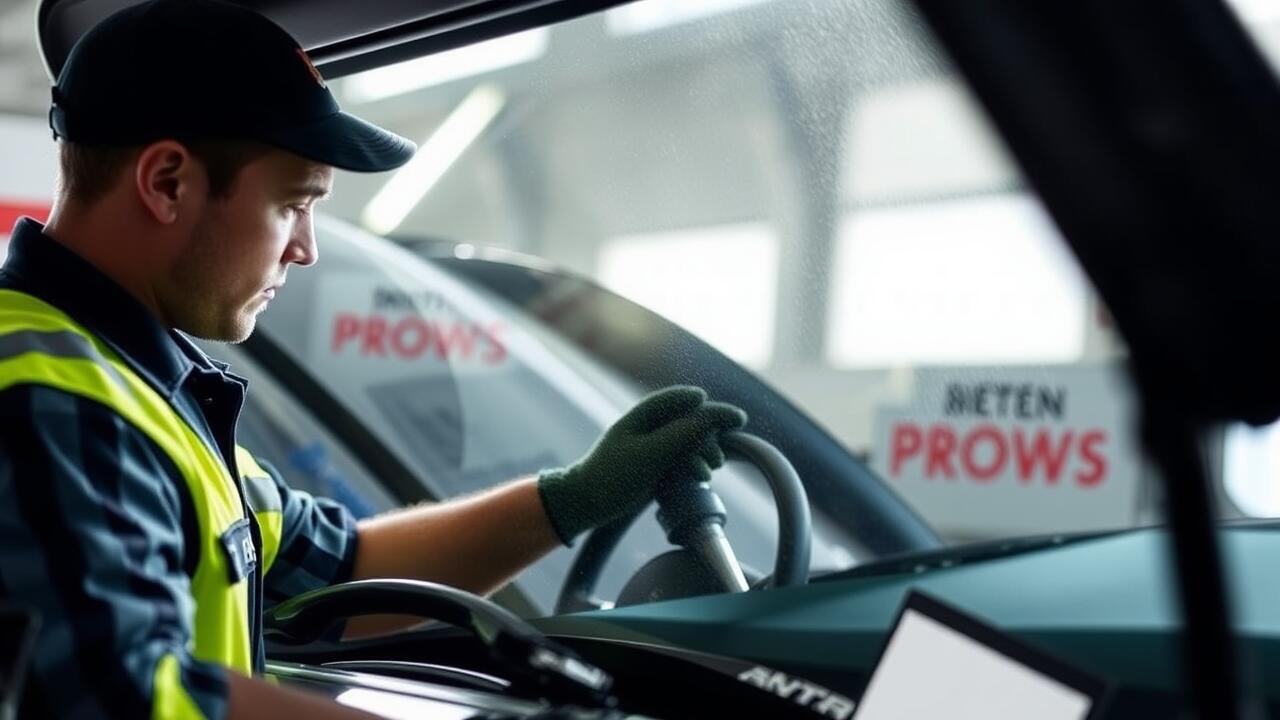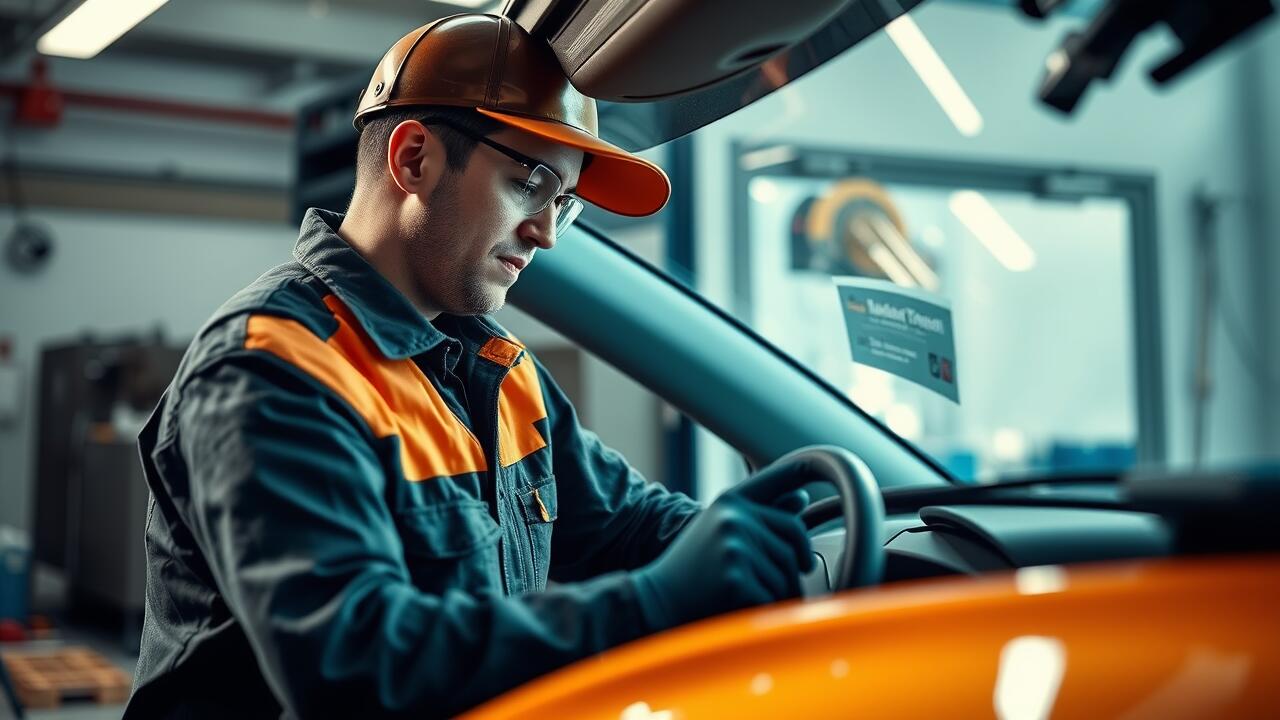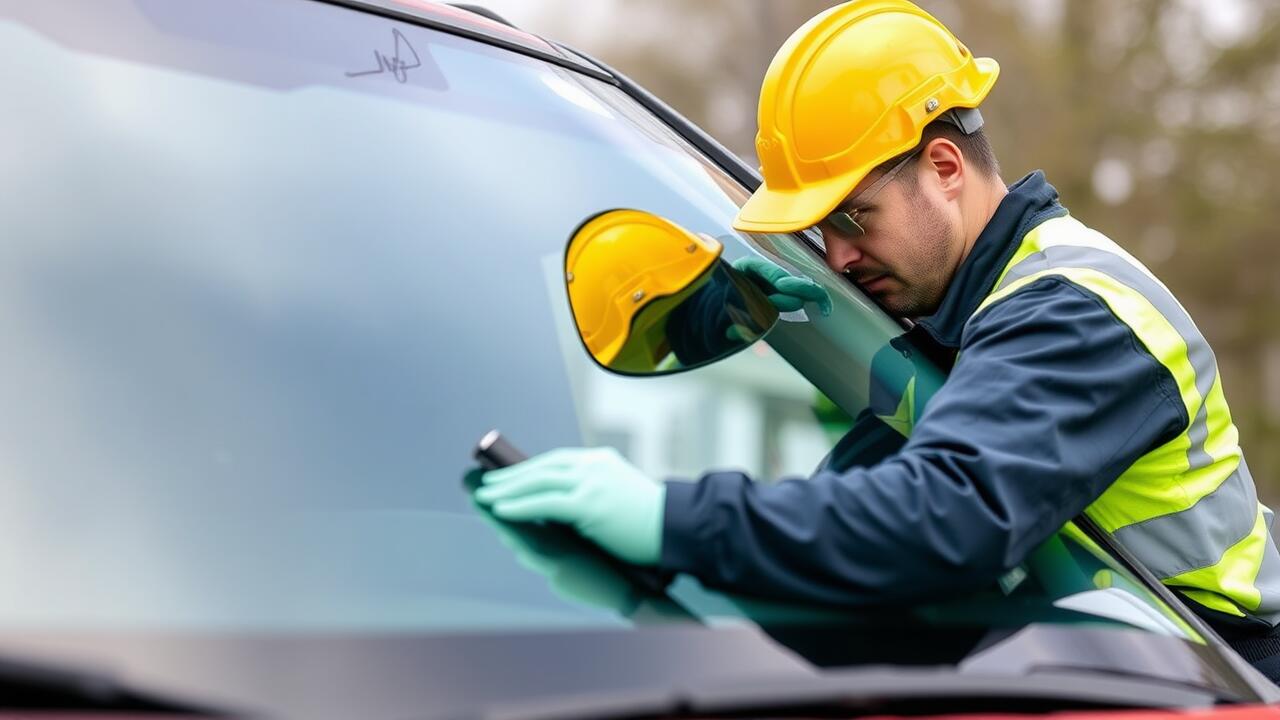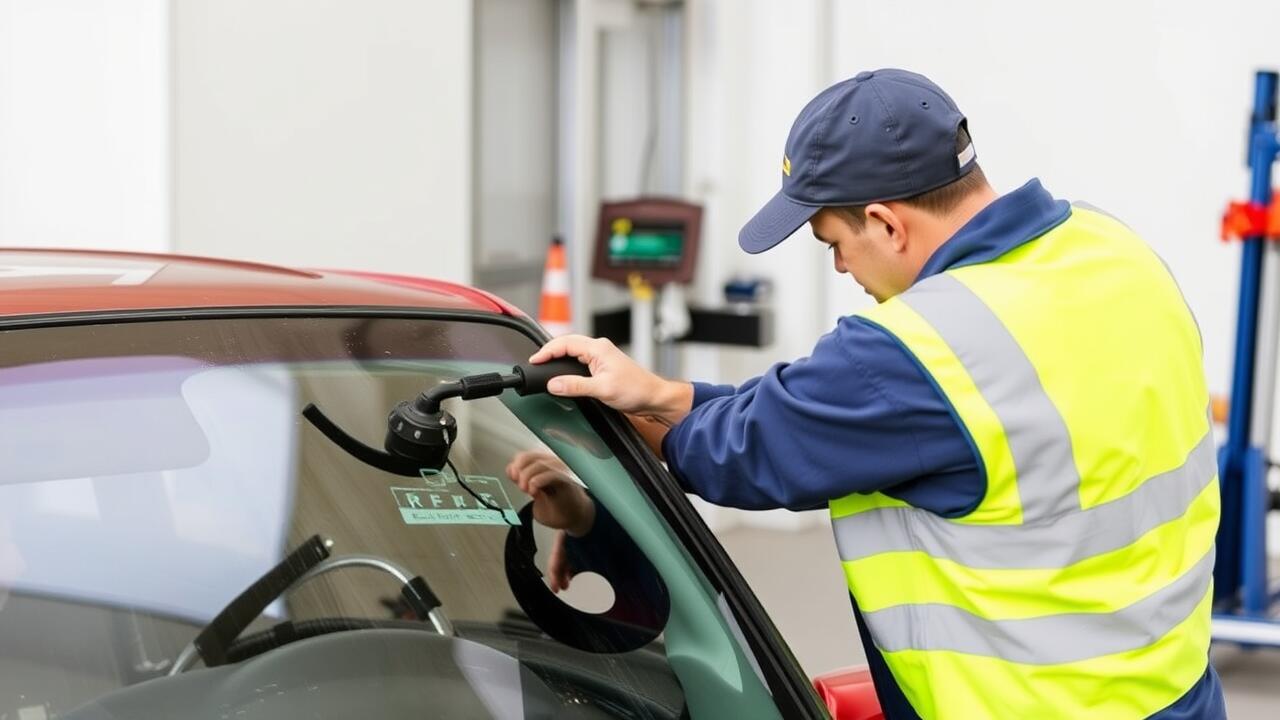
Table Of Contents
Timing for Wiper Replacement
Replacing windshield wipers is often overlooked after a windshield replacement. This is primarily due to the misconception that wipers can continue to function well indefinitely. However, since wiper blades are designed to fit the curvature of the windshield, the installation of a new windshield might require a change to new wipers that accommodate the updated shape and size.
Timing for wiper replacement should be considered whenever a windshield is replaced, especially if the old wipers show any signs of wear and tear. New wipers can enhance visibility and safety on the road, as they effectively ensure a clear line of sight during inclement weather. Routine checks and replacements aligned with windshield servicing can ultimately save drivers from potential hazards associated with inadequate wiper performance.
When to Consider Changing Your Wipers
Windshield wipers are crucial for maintaining visibility during adverse weather conditions. After a windshield replacement, it's especially important to evaluate the condition of your wipers. Often, a windshield replacement can expose the wipers to new angles and surfaces, highlighting any existing wear or damage that might not have been noticeable before. If the wipers are leaving streaks or are unable to clear water effectively, it is a sign that they might need to be changed.
Another consideration is the age of the wipers at the time of the windshield replacement. If they were already nearing the end of their lifespan, the change in the windshield can further stress them. Worn-out blades may not cooperate well with a new windshield, leading to further visibility issues. For safety and optimal performance, evaluating and potentially replacing wipers shortly after a windshield replacement is a sensible decision.
Common Misconceptions About Wipers
Many people believe that windshield wipers can last indefinitely without needing replacement. This misconception often leads to decreased visibility during rainy or snowy conditions. Worn wipers can fail to clear rain effectively, which can occur even shortly after a windshield replacement. It's essential to recognize that the new windshield may require wipers with specific technology or material to ensure an optimal fit and performance.
Another common myth is that simply adjusting wiper settings or cleaning the blades can fix streaking or skipping issues. While maintenance is important, it does not replace the need for new blades when the old ones wear out. After a windshield replacement, even lightly used wipers may not operate effectively, rendering them less reliable than necessary. Regularly assessing the condition of wipers is crucial, especially after any changes to the windshield.
Debunking Myths Related to Wiper Longevity
Many people believe that as long as windshield wipers appear to wipe without streaks, they are still effective. This misconception often leads to inadequate performance in adverse weather conditions. While a clear view is essential, the materials of wipers degrade over time, regardless of their visual condition. Factors like UV exposure, temperature fluctuations, and environmental debris can impact their longevity, making regular checks essential, especially after a windshield replacement.
Another common myth is that replacing windshield wipers is unnecessary unless they show obvious signs of damage. This assumption can be risky, particularly after a windshield replacement, as the new glass surface may require different wiper attributes for optimal performance. Ideally, wipers should be replaced every six to twelve months, regardless of visible wear, to ensure they function properly in all conditions. Regular maintenance helps prevent reduced visibility and enhances overall driving safety.
Maintenance Tips for Windshield Wipers
To ensure the longevity of your windshield wipers, regular maintenance is essential. Keeping the blades clean can prevent debris from accumulating, which may cause scratching on your windshield. A simple solution of soap and water can effectively remove dirt and grime. Inspect the blades frequently for any signs of wear such as cracks or stiffness, as these issues can affect their performance.
Consider replacing your wipers during a windshield replacement for optimal performance. New glass may require new wipers to create an effective seal and ensure clear visibility. A fresh set of blades can enhance the overall safety of your vehicle, especially in inclement weather. Keeping your wipers in good condition not only improves visibility but also protects your new windshield from potential damage caused by worn-out wipers.
Prolonging the Life of Your Wipers
Regular maintenance can greatly extend the life of your windshield wipers. Keeping the rubber blade clean and free from debris is essential. A simple wipe down with a damp cloth can remove buildup that may lead to streaks or damage. Additionally, using your wipers only when necessary reduces wear. Limiting usage during light rain or mist can help preserve the rubber material.
Temperature changes can also affect your wiper blades. Extreme heat or cold may cause the rubber to become brittle or crack. Parking your vehicle in the shade or using a windshield cover can mitigate these issues. After a windshield replacement, it’s important to re-evaluate your wipers and consider any necessary adjustments to ensure optimal performance.
FAQS
Why might I need to replace my windshield wipers after getting a new windshield?
After a windshield replacement, the angle and position of the new glass may differ from the old one, potentially impacting how the wipers make contact with the glass. If the wipers are worn or not functioning properly, this can lead to poor visibility and streaking.
When should I consider changing my windshield wipers?
It's advisable to consider changing your windshield wipers if they are streaking, skipping, making noise, or if you notice any visible wear such as cracks or splits in the rubber. Additionally, if you've recently replaced your windshield, it's a good time to inspect your wipers.
Are there misconceptions about how long windshield wipers should last?
Yes, a common misconception is that wipers can last for several years without replacement. In reality, wipers typically need to be replaced every six months to a year, depending on usage, climate, and exposure to elements.
What are some myths related to the longevity of windshield wipers?
One myth is that more expensive wipers last significantly longer than standard options. While premium wipers may offer better performance, all wipers will eventually wear out, and regular maintenance is key to ensuring optimal function.
How can I prolong the life of my windshield wipers?
To prolong the life of your windshield wipers, keep your windshield clean to prevent dirt buildup, regularly inspect the wiper blades for damage, and avoid using your wipers on dry surfaces. Additionally, lift the wipers off the glass during freezing temperatures to prevent them from sticking.
